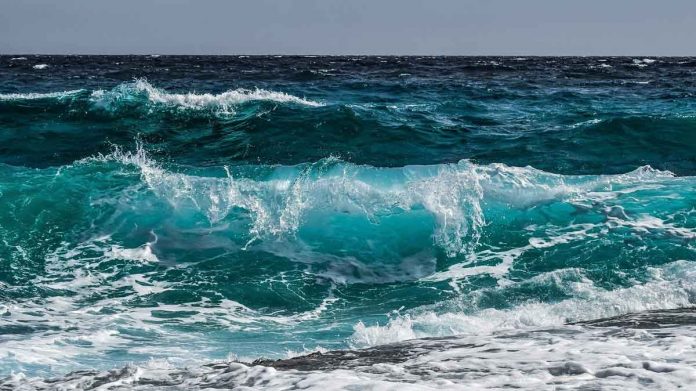Dr. Heather Ford of Queen Mary’s School of Geography co-authored a new study in Nature Geoscience that uses a novel research model to demonstrate how past geologic periods can help us understand future climate changes.
As research uncovers more about Earth’s distant history, dating back millions of years before human life, past climates are becoming increasingly important for understanding how high greenhouse gas levels affect key elements of the climate system. Previous research by Dr. Ford has highlighted the importance of reconstructing and simulating past climates in predicting future changes.
Climate scientists typically build models using data from hundreds of years of historical weather records, such as sea surface temperatures, wind speeds, and cloud cover. Such models are used all over the world to assess the effects of greenhouse gas emissions, forecast future climate scenarios, and propose mitigation strategies.
Dr. Ford’s research focuses on “paleo-climates,” which cover a much broader range of climatic conditions to help understand long-term climate change.
Dr. Ford used geologic data and a climate model from the mid-Pliocene warm period, which is often used as an analogue for future climate change because global temperatures were around 2.3°C warmer than today but CO2 levels were similar.
The climate model used in this study was run for 2,000 years, allowing conditions in the deep ocean to naturally balance over time and providing much deeper insight. “Running global climate models for thousands of years is computationally expensive, but critical in thinking about the long-term impacts of carbon cycling and climate change,” Dr. Ford explained.
The researchers were surprised to discover deep water formation in the North Pacific at this time, where none exists today, implying that the warm period may have impacted the ocean’s ability to store carbon and the process of carbon cycling in the ocean. Dr. Ford stated: “While most studies focus on conditions at the sea surface, changes in the deep ocean are also important to consider because they affect sea surface conditions. We know that the North Pacific acts as a carbon storage area today—but if a deep-water mass forms, it prevents that storage, which has implications for the global carbon cycle, such as where nutrients are brought to the sea surface for biological activity.”

